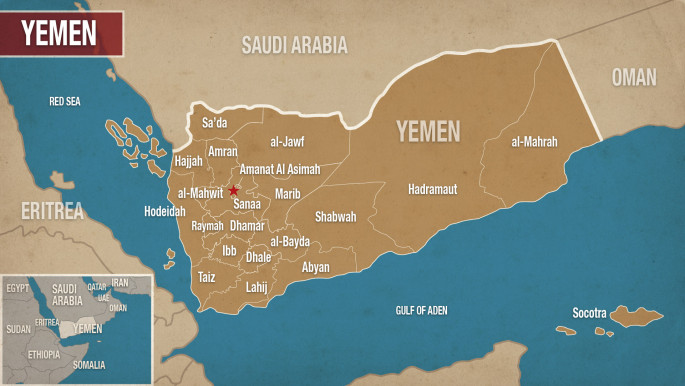UN relief chief demands easier aid access to Yemen
The UN's new relief chief has demanded parties to the bloody war ease access for humanitarian workers after a five-day mission the country.
"It has been shocking to see the terrible impact of this man-made conflict," UN Emergency Relief Coordinator Mark Lowcock said in a statement from the UN Office for the Coordination of Humanitarian Affairs (OCHA).
"In Aden and Sanaa, and during my visits to Lahj, Hudadydah, Hajjah, and Amran governorates, I have met hundreds of Yemenis, and listened to their stories of atrocious suffering," he added.
Plunged into civil war between Houthi rebels and supporters of the internationally-recognised government in 2015, Yemen has faced one of the world's largest humanitarian crises, including the fastest growing cholera epidemic ever recorded, the world's largest food emergency and widespread population displacement.
Lowcock - who is also under-secretary general for humanitarian affairs - said the UN and partners can scale up their work but more funding is needed and all parties must not hinder humanitarians' work.
During this visit, his first to the country since his appointment in September, Lowcock held frank discussions with the government in Aden and those in positions of the rebel authority in Sanaa on ways to alleviate the suffering of the population.
In Aden, he asked Prime Minister Ahmed Obeid bin Dagher, to ensure progress on paying salaries to health workers, teachers and other civil servants, to get Sanaa's airport reopened for commercial and humanitarian flights and to improve the operation of the ports, especially al-Hudaydah.
In Sanaa, he raised serious concerns about the working conditions facing the UN and other humanitarian agencies.
 |
In the absence of substantial progress... the already dire situation will continue to deteriorate. The human suffering, already extreme, will grow and grow. |  |
"I am concerned about the increasing levels of interference in the work of the humanitarian agencies, including delays in granting and denial of visas, delays of essential equipment and supplies at the ports, bureaucratic impediments affecting NGOs and preventing essential assessments of needs so that we can target our assistance most effectively," he said.
Lowcock stressed the end to the suffering in Yemen requires an end to the conflict, for which a political resolution is needed.
"In the absence of substantial progress on all these points, the already dire situation will continue to deteriorate. The human suffering, already extreme, will grow and grow," he said.
The war between the government of President Abd Rabbo Mansour Hadi, backed by a Saudi-led coalition, and the rebel camp has killed more than 10,000 Yemenis since 2015 and pushed the country to the brink of famine.
![Yemen [Getty] Yemen [Getty]](/sites/default/files/styles/large_16_9/public/media/images/EB0EDCCB-ABA7-4C89-A9D1-53E0D07B9C1E.jpg?h=d1cb525d&itok=Uh0wF_Xy)


